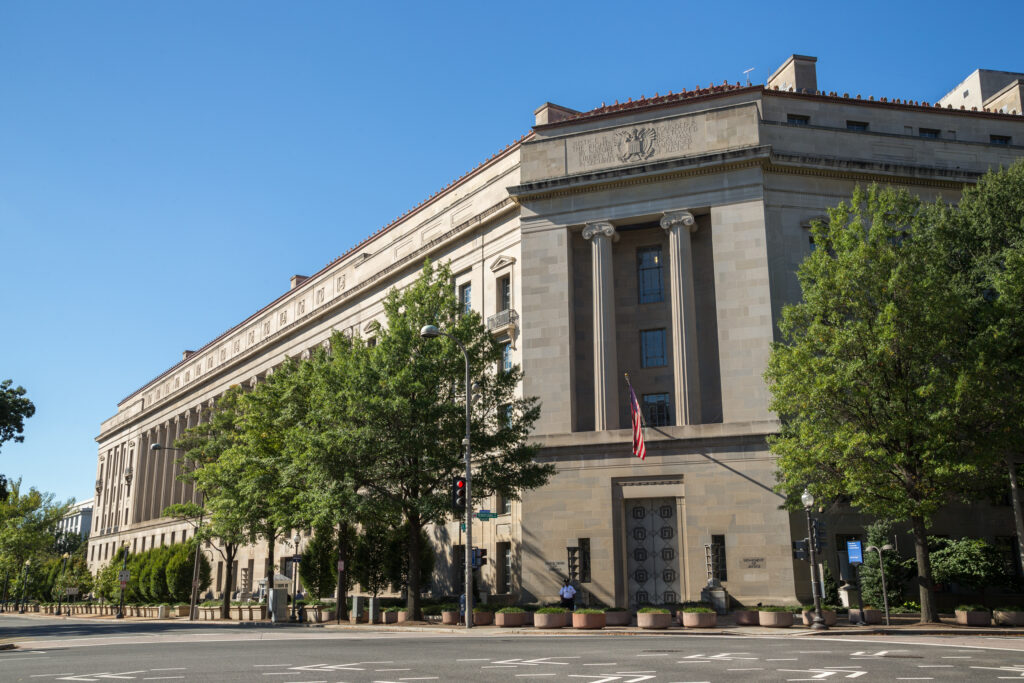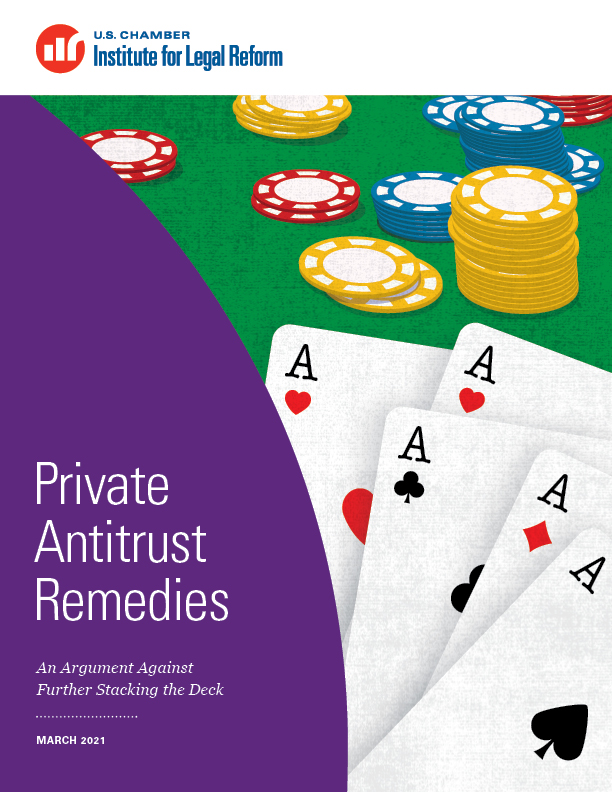“If you ain’t first, you’re last” wasn’t just the catchphrase of Ricky Bobby, the fictional race car driver from Talladega Nights; until last week, it was also the policy of the U.S. Department of Justice (DOJ) Antitrust Division when it came to companies reporting antitrust violations.
Previously, only the first company to report violations were given immunity from criminal prosecution, while the rest were required to plead guilty and pay huge fines. This “all or nothing” approach punished companies with compliance programs solely for not reporting crimes fast enough. Even the Justice Manual outlined “that credit should not be given at the charging stage for a compliance program.”
Now, the DOJ is breaking new ground by revisiting and reassessing this 25-year-old policy. Companies that weren’t the first in line, but can prove it had a compliance program in place at the time of a violation, will get credit at the charging stage. Among other things, they will be eligible for what’s called deferred prosecution agreements, which allows prosecutors to dismiss charges if a company makes a set of agreed-upon changes.
Overall, the DOJ has moved away from the “all or nothing” philosophy when it comes to ephemeral messaging, government-imposed monitors, and the “Yates Memo.” It’s even inspired other agencies like the Federal Reserve, the FDIC and the SEC to make changes to their enforcement policies.
The point of these policy changes is to incentivize companies to invest in compliance programs to prevent wrongdoing, and to self-report to the government when wrongdoing occurs. If another division of the DOJ is encouraging compliance over irrational enforcement practices, it must mean this approach is working for prosecutors and companies.
The DOJ deserves a ton of credit for moving towards smarter enforcement practices and avoiding a race to the bottom. Ricky Bobby might want to reconsider.



